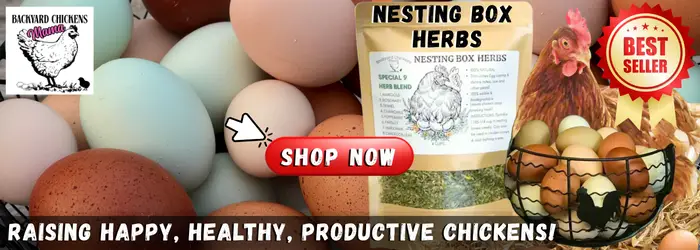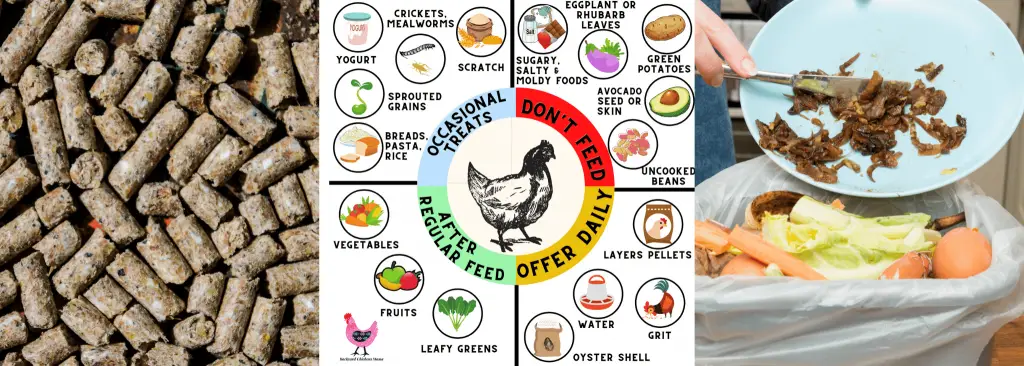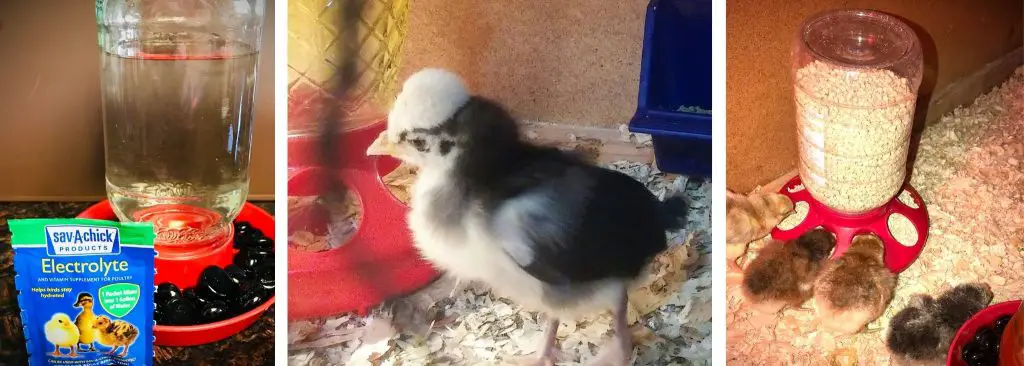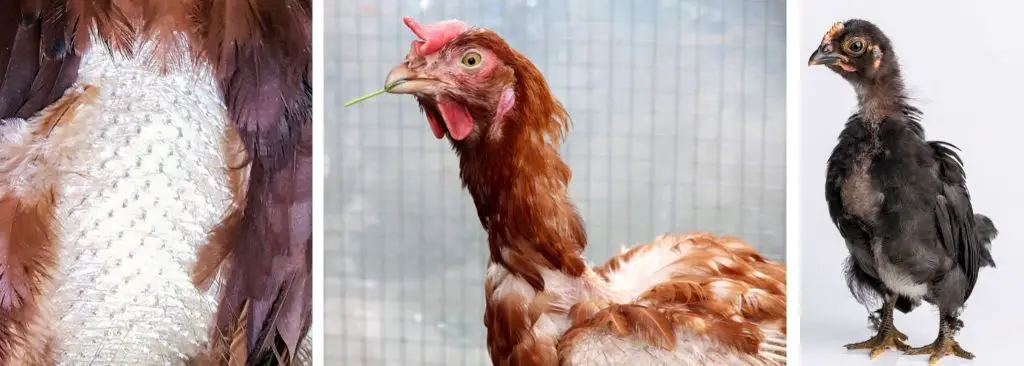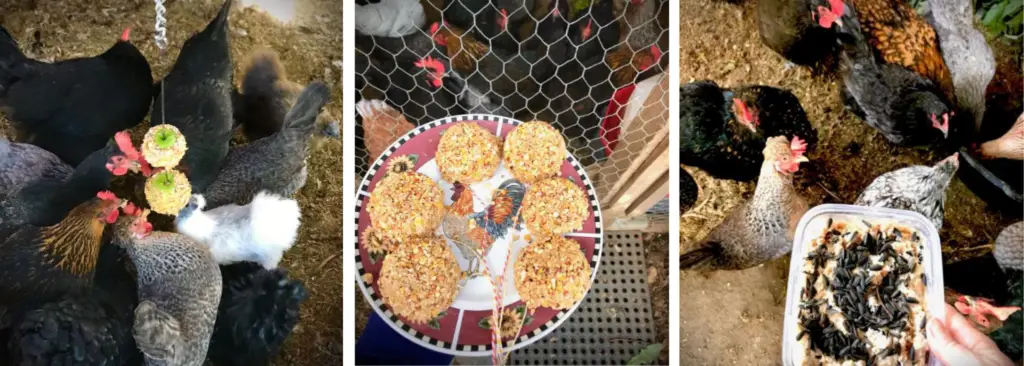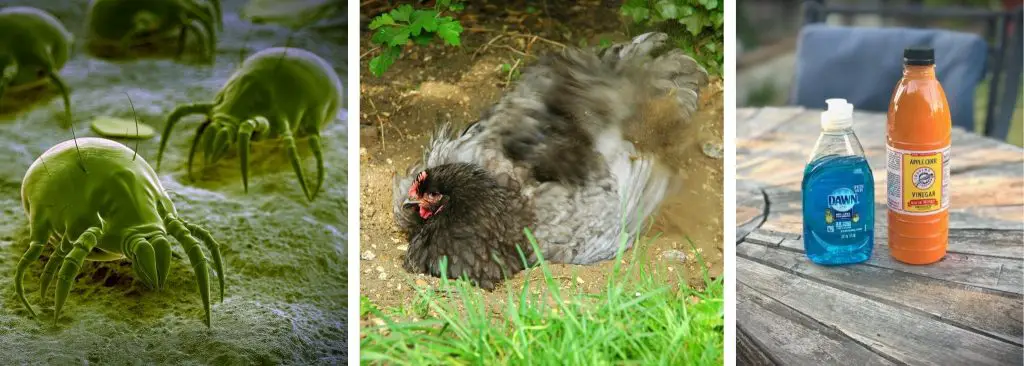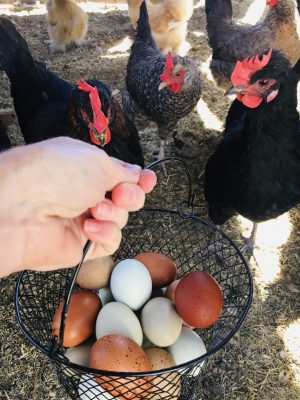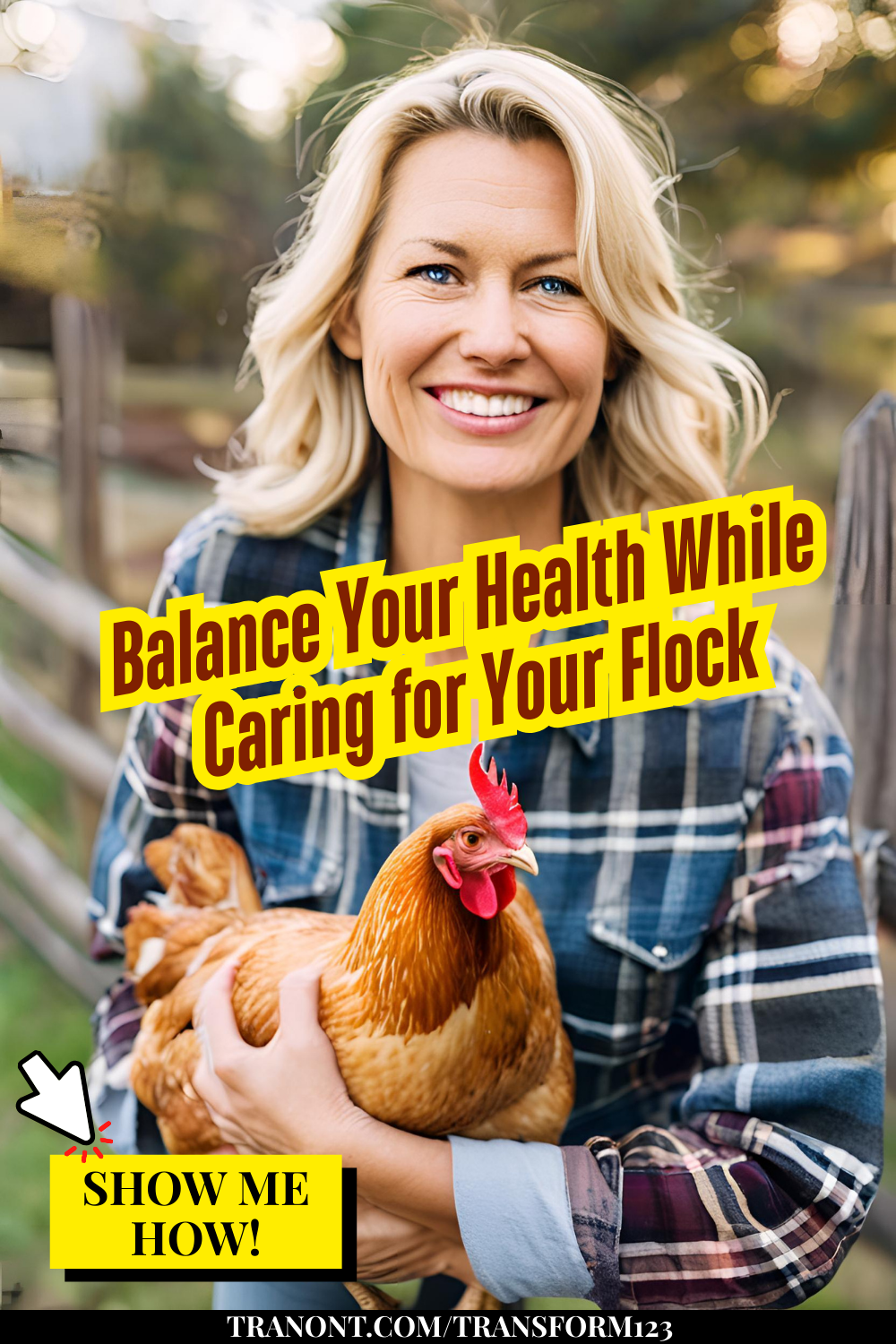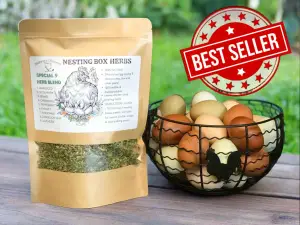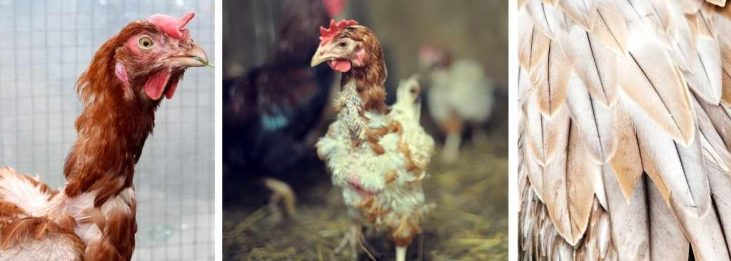
Why do chickens eat feathers? It isn’t uncommon to see several chickens in a flock with missing feathers. Some eat their own, others eat their coop mates feathers. This can happen when chickens get bored, are stressed, infested with parasites, main feed is deficient in protein or are just molting.
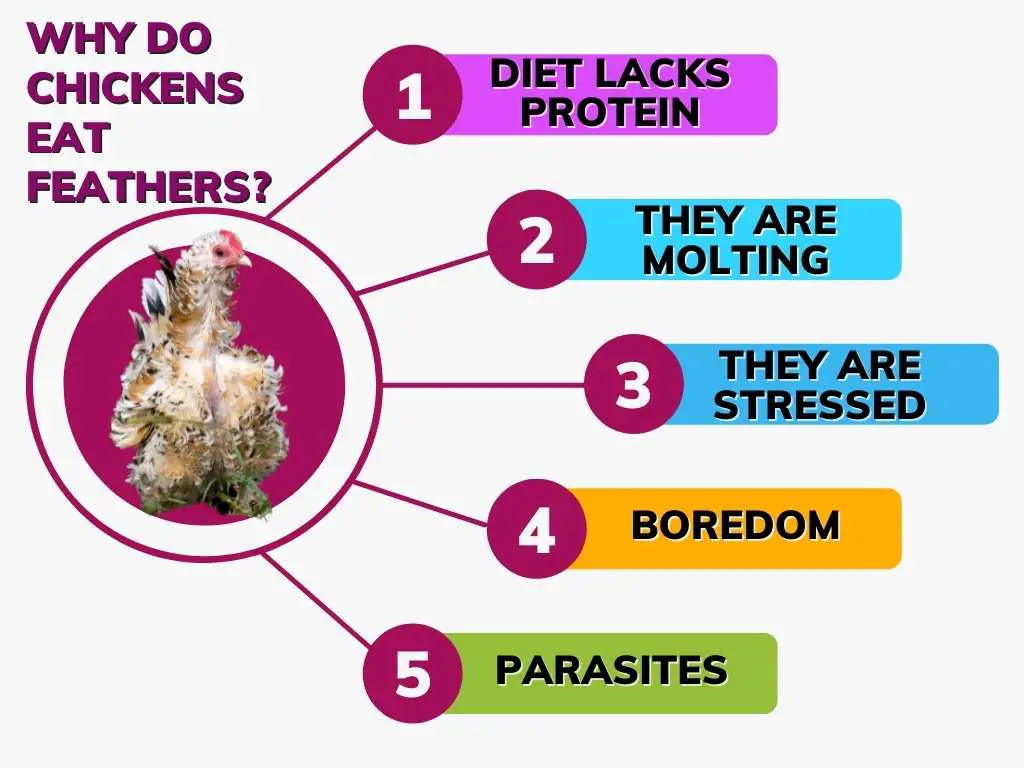
Being aware of what can cause feather eating is important. With awareness, you can take the proper steps to help stop it from happening due to boredom, lack of protein in diet, stress and parasite infestation. In the case of molting, you can make it much more tolerable for them.
1. Lack of Protein in Chicken Feed Can Cause Feather Eating
- Protein helps to build a chickens feathers, muscles, toe nails and beaks. The amount of protein that a chicken needs isn’t the same throughout their lifetime. It changes depending upon their age.
- Young chicks are growing and therefore need increased protein.
- Molting chickens lose their feathers. Feathers are about 85% protein. Growing in new feathers also requires an increase in protein in a chickens diet.
SOLUTION: Feeding Your Chickens the Proper Protein Content for Their Age
- Chicks from 1 day old to 6 weeks should be fed chick crumbles, mash or pellets that contain 20% protein.
- “Teenager” chickens or pullets require a little less protein. From 7 weeks to laying age (about 18 weeks), they should be given a feed with 17-18% protein.
- Laying hens don’t require quite as much protein. Begin serving layers pellets or crumbles that contains 16% protein.
- Molting Chickens need increased protein. This can be done by keeping the same feed, but offering treats that are high in protein for your molting chickens.
| AGE | % PROTEIN IN CHICKEN FEED |
|---|---|
| DAY OLD-6 WEEKS | 20% |
| 7-18 WEEKS | 18% |
| LAYING AGE | 16% LAYERS PELLETS OR CRUMBLES |
| MOLTING CHICKENS | -ADD HIGH PROTEIN TREATS OR -20% PROTEIN IN CHICKEN FEED |
2. Molting Chickens Will Eat Feathers
During a chickens’ annual molt, it will lose its feathers. Some will lose more than others. Depending upon the chicken, some will only molt for 1 month and others up to 4 months.
One of the most common reasons why a chicken will molt is to shed its old feathers in order to replace them with new, fluffy, healthy feathers. This will better prepare them for the cold winter weather ahead.
Feathers are made up of close to 85% protein. When a chicken is going through a molt, they need increased protein to replace their old feathers with new one’s.
Feathers are filled with protein. It isn’t uncommon to see a molting chicken eat feathers right off the ground.
It’s ok to let them eat feathers, but why not offer them some other high protein treats such as live mealworms, crickets or chicken fodder?
This is different than a chicken having a protein deficiency though.
SOLUTION: High Protein Foods for Molting Chickens
The best solution if you have molting chickens is to make your flock as comfortable as possible during their molt.
This includes offering them protein rich treats, not only for the increased protein, but also to get their mind off of the painful process of molting.
Keeping them entertained by offering them special protein rich treats is sure to get their mind off of growing in those new pinfeathers!
Below are some ways you can increase your flocks protein intake during a molt without breaking the bank.
| MONEY SAVING IDEAS FOR SERVING HIGH PROTEIN TREATS TO YOUR MOLTING CHICKENS |
|---|
| MAKE YOUR OWN CHICKEN FODDER |
| BREED YOUR OWN MEALWORMS |
| INSTANT POT YOGURT FOR CHICKENS |
| SPROUT CHICKEN GRAINS |
| FERMENT CHICKEN FEED |
| BREED CRICKETS AT HOME |
3. Stressed Chickens Will Eat Feathers
Missing feathers and a decrease in egg production are two very common signs that your flock is experiencing stress.
It’s best to recognize the stressors early on and do what you can to eliminate the stress.
What Stresses Chickens Out?
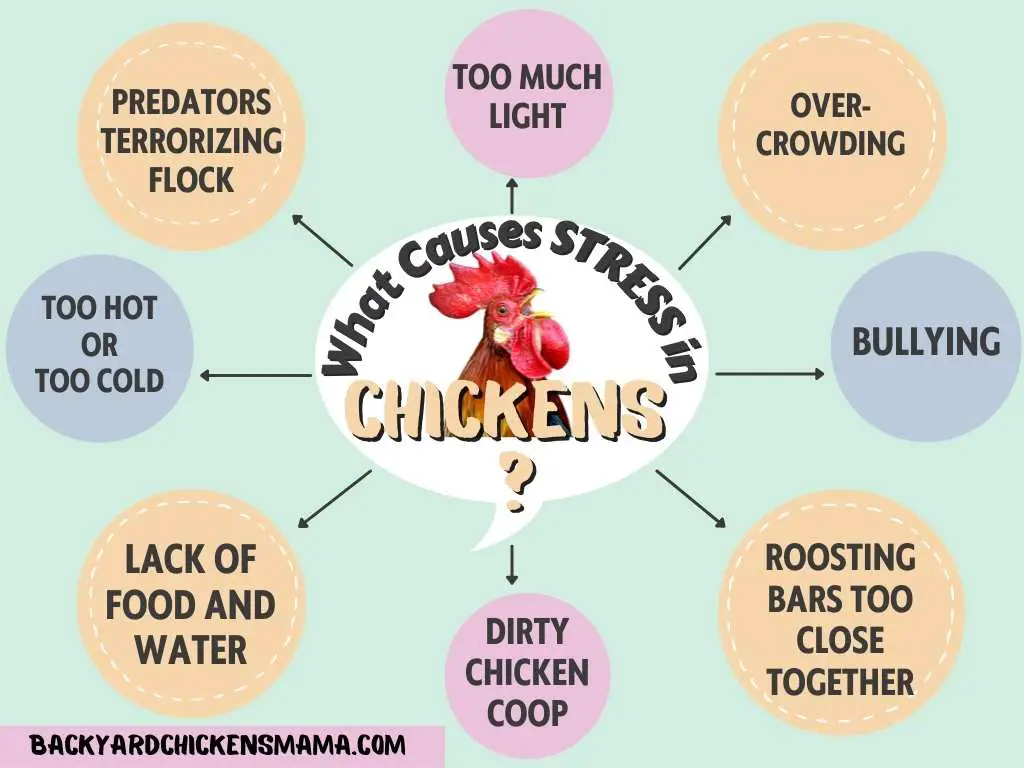
- Too Much Light
- Chickens need to sleep too! Laying hens need no more than 16 hours of daylight to lay at their peak level.
- Some choose to leave lights on in the coop 24/7, wanting their hens to lay all year round. This is stressful for hens. For the optimum health of your hens, it is best to let them take a break from laying.
- Overcrowded Conditions
- Overcrowding can cause increased competition between your chickens.
- Roosting Bars Too Close Together
- Place roosting bars at least 12″ apart, up to 15″. Any closer than this and it can encourage pecking the backend or head of the chicken in front of them while roosting.
- Predators Terrorizing Flock
- this includes the neighborhood dog barking through the fence or children chasing them
- Bullying
- While it’s normal for the flock to establish a pecking order, sometimes there is a “bully” chicken that will consistently pick on certain members of flock. This can be evident by bald spots on these chickens.
- Dirty Chicken Coop
- Unsanitary conditions increases stress in chickens.
- Lack of Food and Water
- If not enough food and water is provided your chickens will fight over what is available. This can also happen if you have a large flock and don’t provide enough food and water containers to eat and drink from.
- Too Hot or Too Cold
- A chicken that is too hot or too cold is experiencing stress and is more likely to peck at another chicken or even eat its own feathers.
SOLUTION: How to Reduce Stress in Chickens
| STRESSOR | SOLUTION |
|---|---|
| 1. TOO MUCH LIGHT | -PROVIDE A DARK CHICKEN COOP FOR YOUR FLOCK TO SLEEP AND LAY IN (AT LEAST 8 HOURS) |
| 2. OVERCROWDED | FOR EACH ADULT CHICKEN: -PROVIDE MINIMUM 2-4 SQ FT INSIDE COOP SPACE -PROVIDE MINIMUM 8-10 SQ FT OUTDOOR SPACE |
| 3. ROOSTING BARS TOO CLOSE TOGETHER | -SPACE ROOSTING BARS 12″-15″ APART |
| 4. PREDATORS ARE TERRORIZING THE FLOCK | -ROUTINE INSPECTIONS OF CHICKEN COOP, COOP MAINTENANCE |
| 5. BULLYING | -ISOLATE BULLY CHICKENS |
| 6. DIRTY COOP | -ROUTINE CLEANING OF CHICKEN COOP |
| 7. LACK OF FOOD AND WATER | -EACH ADULT CHICKEN NEEDS 1/4 LB OF FEED/DAY (1/2 CUP OF PELLETS) -CHICKENS WILL NEED TO DRINK TWICE AS MUCH ON HOT DAYS |
| 8. TOO HOT OR TOO COLD | -PROVIDE SUFFICIENT VENTILATION -PROVIDE FRESH, COOL WATER -PROVIDE SHELTER FROM ELEMENTS |
4. Bored Chickens Will Eat Feathers
Chickens that don’t have a chance to free range or those that have a limited amount of coop space are the most likely to get bored. Bored chickens are more likely to develop behavioral issues, including feather eating, both theirs and their coop mates!
If you don’t nip boredom in the bud, it can lead to behavioral problems such as bullying, feather plucking, fighting amongst the flock as well as egg eating.
What Are Some Simple Boredom Busters for Backyard Chickens?
SOLUTION: Boredom Busters for Backyard Chickens
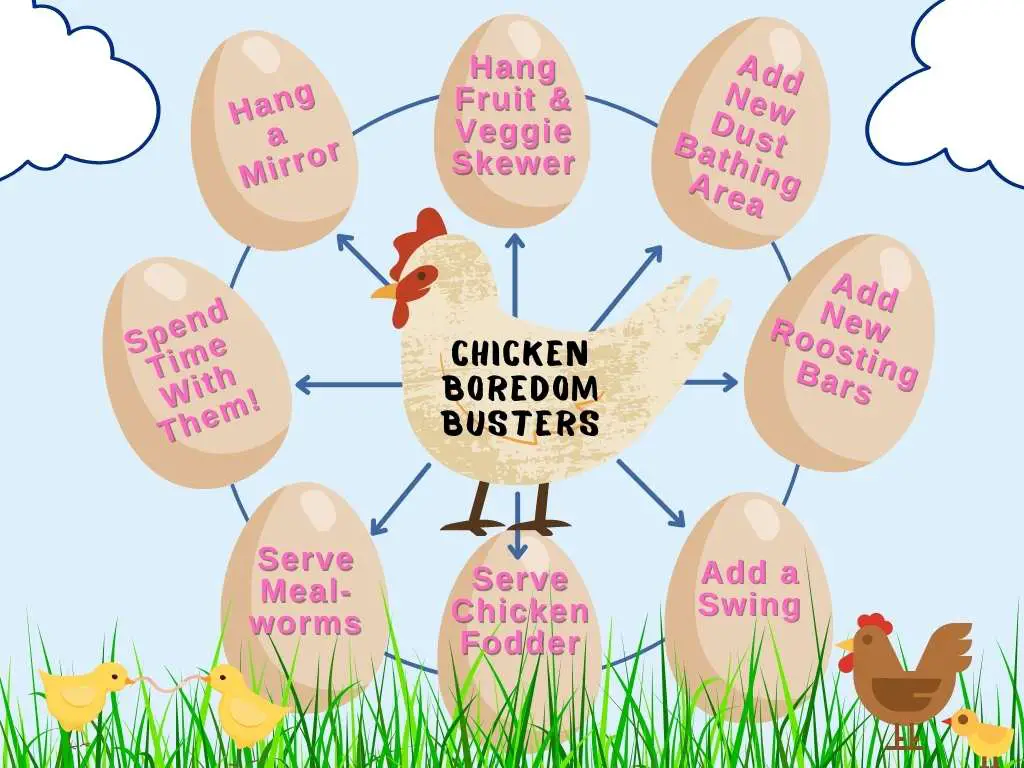
| BOREDOM BUSTERS | FOR BACKYARD CHICKENS |
|---|---|
| HANG FRUIT & VEGGIE SKEWERS | HANG A SHATTER- PROOF MIRROR |
| SERVE MEALWORMS | SERVE CHICKEN FODDER |
| ADD A SWING | ADD NEW PERCHES |
| ADD A NEW DUSTBATHING AREA | SPEND TIME WITH YOUR CHICKENS! |
| LET YOUR CHICKENS FREE RANGE | PUT USED CHRISTMAS TREES AND PUMPKINS IN WITH THEM BEFORE DISCARDING |
5. Parasites Can Cause Feather Loss and Much More…
What are Signs of a Parasite Infestation?
- FEATHER LOSS AND FEATHER DETERIORATION ON CHICKEN: Chickens with parasites may over preen, causing feather loss. You may notice bald spots on your chicken.
- FEATHERS LOSE THEIR SHEEN: This can be due to over preening and feather blood loss.
- FEATHER LOSS DUE TO PARASITES: Parasites will also eat chicken feathers.
- ANEMIA: Parasites will drink chicken blood, causing a decrease in a chickens’ protein level, leading to anemia.
- PALE COMB AND WATTLE: This is due to anemia.
- DECREASE IN EGG PRODUCTION: This is due to stress.
- FEATHER EATING: Due to a lack of protein, chickens will also eat their own feathers.
3 Most Common Chicken External Parasites
- Mites
- Lice
- Fleas
THE BEST SOLUTION IS PREVENTION: How to Prevent External Parasites in Chickens Naturally
- Add Diatomaceous Earth, wood ash or dried herbs such as lavender, rosemary or mint to your chickens dust bathing area.
- Use 1 tsp Dawn Dish Soap and 10 oz water to spray down your chickens, entire coop and roosting bars.
- For mite infestations you can fill a tub with lukewarm water and add 1 TBS Dawn Dish Soap. Soak your mite infested chicken for about 10 minutes, gently rubbing down at the base of its feathers to loosen any mites. (Make sure to wear latex gloves for this.)
- Add 1 TBS Apple Cider Vinegar(ACV) to each gallon of chicken drinking water. Don’t add this to metal chicken waterers because it can cause it to corrode.
- For parasite infestation: Add 1 TBS Apple Cider Vinegar to each gallon of lukewarm water in a tub. Place your parasite infested chicken in the tub and gently rub its feathers. Make sure you rub all the way down at the base of its feathers. This is where most parasites hang out. Do this for about 20-30 minutes.
- With equal amounts of ACV and water, spray down nesting boxes, coop walls, floors, roosting bars and your chickens with this spray.
- Parasites like to hang out in the vent area, so take special care to spray this area too.
- Regular coop cleaning. Chicken coop bedding should never smell.
CONCLUSION: Why Do Chickens Eat Feathers? 5 Important Reasons + Solutions
Chickens will eat feathers for a variety of reasons. The most important thing is that you understand what can cause chickens to do this and make changes to help prevent it from happening in the first place.
5 Important Reasons Why Chickens Eat Feathers
- Insufficient Protein in Chicken Feed
- Molting
- Stress
- Boredom
- Parasites
Solutions to Top 5 Reasons Chickens Eating Feathers
- Know the proper protein content for your growing chickens and change it accordingly.
- Provide high protein treats for your molting chickens.
- Eliminate stressors for your chickens.
- Change your flocks surroundings to keep them from getting bored.
- Maintain a clean chicken coop to help prevent parasite infestations.
